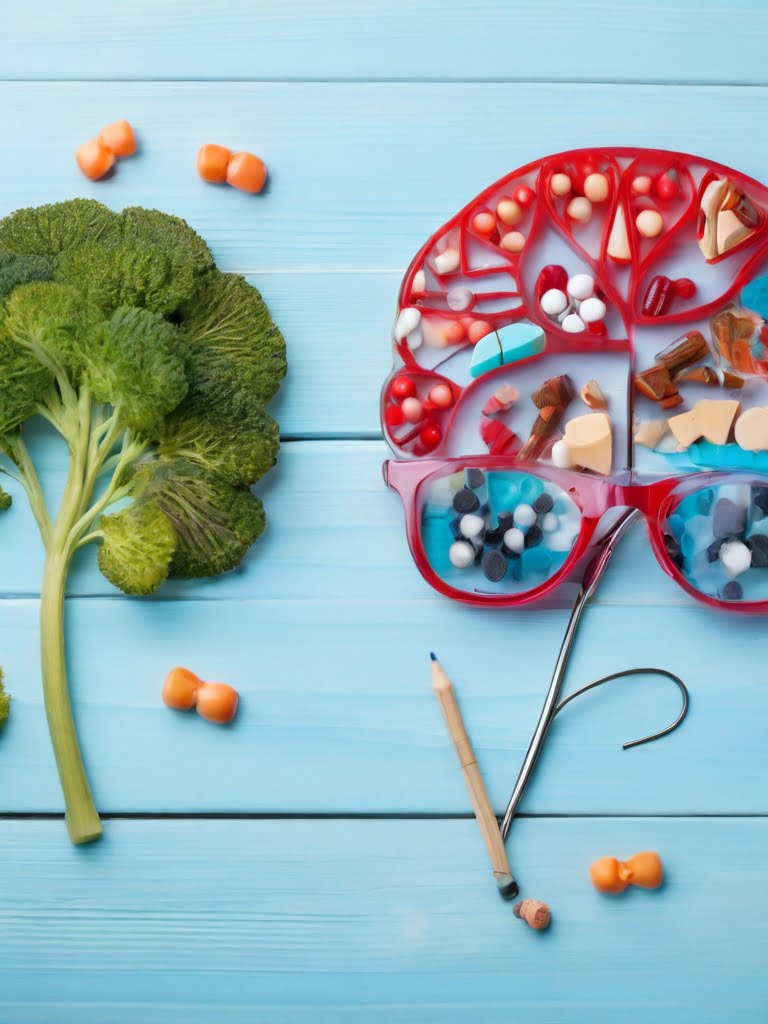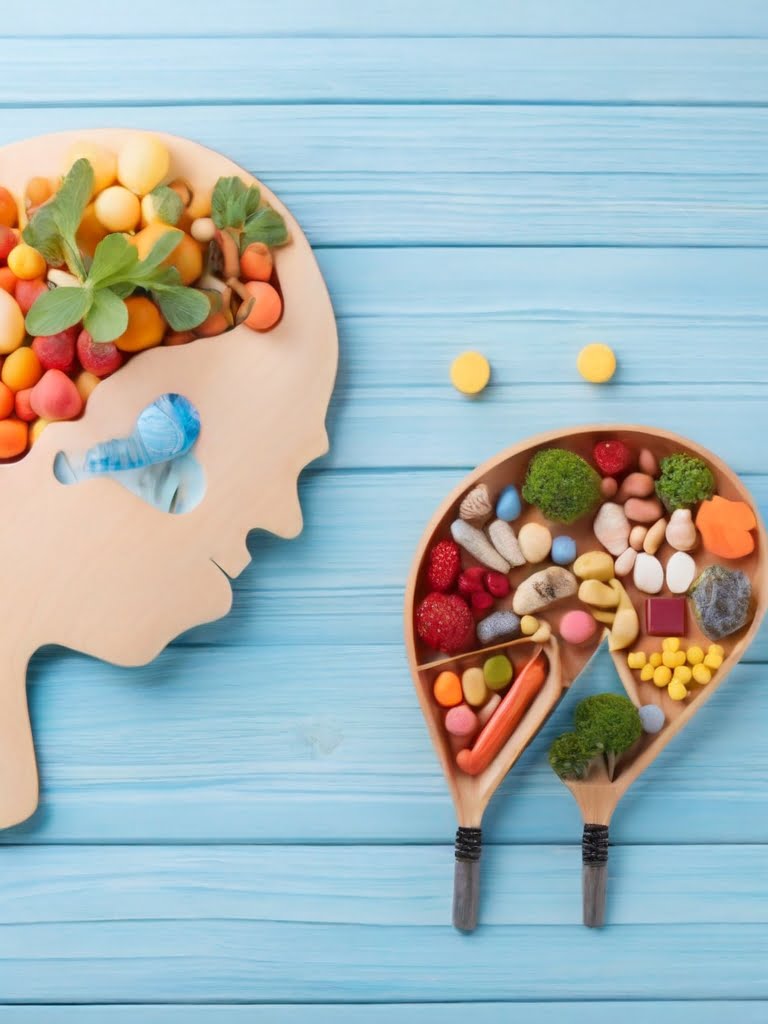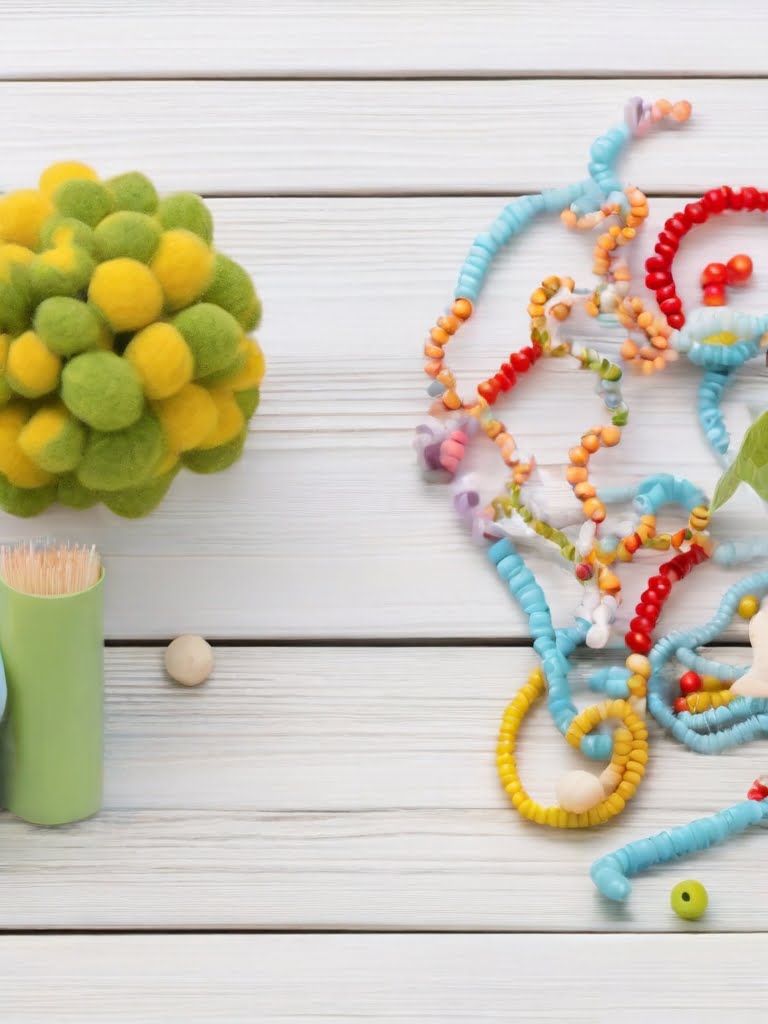Can hobbies shape our minds or are they coded in our genes? Unraveling the fascinating link between hobbies and our genetic makeup!
Hobbies and the Tapestry of Our Genes
Hello, fellow enthusiasts! Ever wondered if our hobbies are scripted in our genes or if they evolve with our experiences? As someone who has delved into the world of hobbies for years, I invite you on a journey to explore this captivating connection. Join me as we unravel the scientific and personal dimensions, peppered with insights from renowned figures who have walked the path of passion.

The Personal Odyssey: Years of Hobby Exploration
In my own journey through hobbies, I’ve witnessed the profound impact they can have on shaping not only our leisure time but also our mental landscape. From the solace found in painting to the thrill of creative writing, each hobby became a brushstroke, coloring the canvas of my life.
Scientific Perspectives: Are Hobbies Embedded in Our DNA?
Scientifically, the question of whether hobbies are genetic sparks an intriguing debate. While our genes may influence certain predispositions and personality traits, the world of hobbies appears to be a dynamic interplay between nature and nurture.
Research suggests that genetic factors may contribute to individual preferences and inclinations. For instance, if you find solace in solitary hobbies like reading or writing, it might be tied to genetic traits influencing introversion. However, the complex dance of genetic and environmental factors makes it challenging to pinpoint a direct genetic link to specific hobbies.
Renowned Voices: What Icons Say About Hobbies
Even celebrities and thought leaders have weighed in on the importance of hobbies. Albert Einstein famously said, “Creativity is intelligence having fun,” emphasizing the mental stimulation derived from engaging in creative pursuits. Oprah Winfrey advocates for the transformative power of hobbies, viewing them as a means of self-discovery and personal growth.
The Intersection of Passion and DNA: Can We Decipher It?
Our passions, often reflected in our hobbies, might indeed have roots in our genetic makeup. While genetics lay the groundwork, it is the symphony of experiences, interests, and personal choices that shapes the melody of our hobbies.

What They Say About Hobbies
Albert Einstein: The brilliant mind behind the theory of relativity once stated, “Imagination is more important than knowledge.” Einstein believed that hobbies, as conduits for imagination and creativity, hold the key to unlocking the full potential of the human mind.
Oprah Winfrey: Oprah, the influential media mogul, has often emphasized the transformative power of hobbies in personal development. In her book “The Path Made Clear,” she explores how engaging in activities one loves can lead to self-discovery and fulfillment.
Elon Musk: The visionary entrepreneur Elon Musk, known for founding SpaceX and Tesla, once remarked, “I read a lot of books.” Musk’s affinity for reading reflects the notion that intellectual hobbies, such as reading, contribute significantly to one’s knowledge and innovative thinking.
Perspectives from Personal Development Gurus:
Tony Robbins: Renowned life coach Tony Robbins encourages individuals to find joy in their pursuits. In his book “Awaken the Giant Within,” Robbins discusses how cultivating empowering hobbies contributes to a more fulfilling and balanced life.
Deepak Chopra: Holistic health expert Deepak Chopra often speaks about the connection between well-being and engaging activities. In his work “The Seven Spiritual Laws of Success,” he explores how aligning with one’s passions can lead to a more harmonious and successful life.
Bridging Science and Inspiration: The Nexus of Hobbies and Well-being
As these iconic figures and personal development experts suggest, hobbies serve as bridges between scientific understanding and personal fulfillment. While Einstein sparks our curiosity about the boundless potential of imagination, Oprah and life coaches like Tony Robbins guide us in applying hobbies for self-discovery and empowerment.
To delve deeper into the science of hobbies, researchers like Mihaly Csikszentmihalyi offer valuable insights in the book “Flow: The Psychology of Optimal Experience.” Csikszentmihalyi explores the concept of “flow,” a state of immersive engagement achievable through enjoyable activities.
Are Hobbies Good for Mental Health?

Engaging in hobbies is widely recognized as a positive contributor to mental health. The benefits extend beyond mere enjoyment, offering profound impacts on well-being. Numerous studies suggest that hobbies play a pivotal role in promoting mental health by:
- Stress Reduction: Hobbies provide a healthy outlet for stress, redirecting the mind’s focus and fostering a sense of relaxation.
- Enhanced Mood: Regular participation in enjoyable activities triggers the release of neurotransmitters like dopamine, contributing to improved mood and a sense of accomplishment.
- Cognitive Stimulation: Hobbies, especially those involving problem-solving or creativity, stimulate the brain, enhancing cognitive function and preventing mental stagnation.
- Social Connection: Many hobbies involve social interactions, which are crucial for mental well-being. Building and nurturing connections contribute to a sense of belonging and support.
However, the question of whether hobbies are genetic is more complex. While there might be genetic predispositions that influence personal interests, the choice and development of hobbies are significantly shaped by environmental factors, experiences, and individual preferences.
Research does indicate a genetic component in the propensity for certain personality traits, which might influence the types of activities one finds appealing. However, the role of genetics in determining specific hobbies is not well-established.
In essence, while genetics might play a role in shaping personality traits that influence hobby preferences, the development and choice of hobbies are predominantly influenced by a combination of environmental factors and individual experiences. Regardless of the genetic component, the mental health benefits derived from engaging in hobbies are universally acknowledged, making them a valuable aspect of holistic well-being.
1. The Link Between Hobbies and Mental Health
Question:
- What evidence suggests a connection between engaging in hobbies and a positive impact on mental health, and how do these activities contribute to overall well-being?
Answer:
- Numerous studies indicate that hobbies can be potent mental health boosters. Engaging in activities one enjoys promotes relaxation, reduces stress, and fosters a sense of accomplishment, contributing to improved overall well-being.
2. Unraveling the Nature-Nurture Connection in Hobbies
Question:
- To what extent is the inclination towards specific hobbies influenced by genetic traits, and how does the interplay between nature and nurture shape individuals’ preferences for certain activities?
Answer:
- While genetic factors may play a role in shaping personality traits, the choice of hobbies is often a blend of both nature and nurture. Individual experiences, environment, and personal interests contribute significantly to the development of preferred hobbies.
3. Personalizing Mental Wellness: Tailoring Hobbies to Individual Traits
Question:
- How can individuals personalize their mental wellness journey by selecting hobbies that align with their unique traits, and what role does self-discovery play in this process?
Answer:
- Tailoring hobbies to align with individual traits is a key aspect of personalizing mental wellness. Self-discovery and experimentation with various activities allow individuals to identify pursuits that resonate with their preferences, promoting a more personalized and effective approach to mental health improvement.
